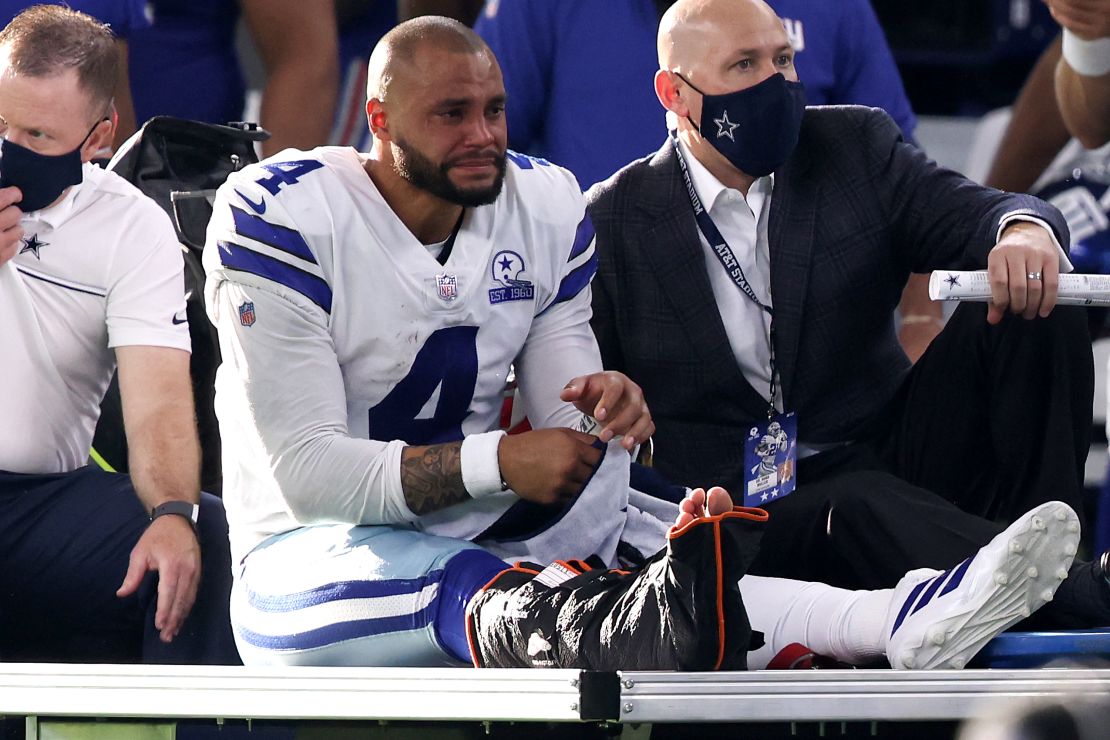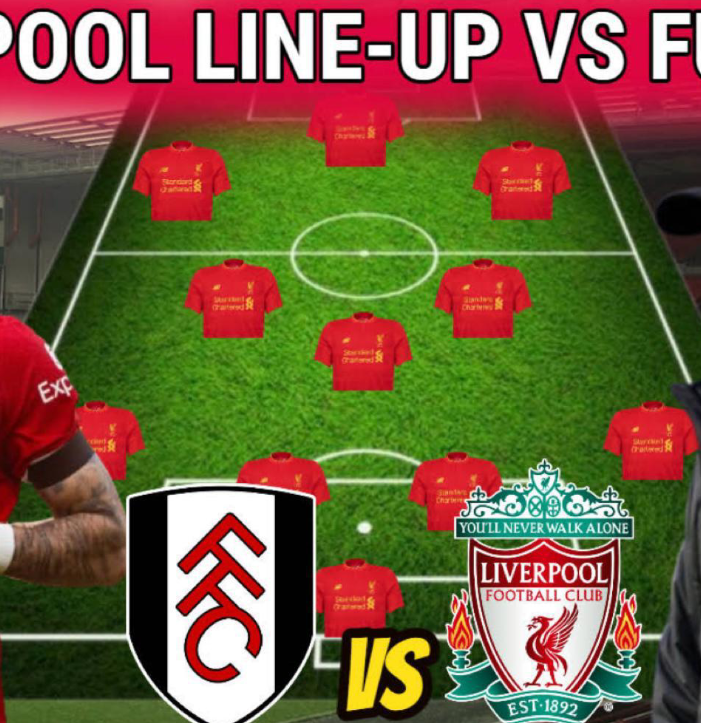Headline: “Dak Prescott’s Injury Woes: A Game-Changer in Contract Extension Talks with the Cowboys?”
Dallas Cowboys quarterback Dak Prescott is no stranger to the spotlight, both for his on-field heroics and his injury setbacks. As the Cowboys prepare for contract extension negotiations, Prescott’s injury history is set to play a pivotal role in shaping the discussions.
Prescott’s Injury Timeline
Dak Prescott, drafted by the Cowboys in 2016, quickly rose to stardom, showcasing his talent and leadership. However, his career has been marred by significant injuries. The most notable was in October 2020, when he suffered a compound fracture and dislocation of his right ankle. This gruesome injury sidelined him for the remainder of the season, raising concerns about his durability.
In the 2021 season, Prescott made a remarkable comeback, leading the Cowboys to the playoffs. However, he encountered another setback, this time with a strained calf muscle, which limited his mobility and affected his performance in crucial games. Additionally, Prescott has dealt with shoulder issues and a thumb injury, which further highlight his vulnerability to injuries.
The Impact on Contract Talks
As Prescott’s current contract approaches its final year, the Cowboys face a crucial decision. The quarterback market has exploded in recent years, with elite QBs securing record-breaking deals. Prescott’s talent and leadership qualities undoubtedly place him in the upper echelon of NFL quarterbacks, but his injury history complicates the situation.
One of the primary concerns for the Cowboys’ front office is the risk of committing significant financial resources to a player with a history of injuries. Long-term contracts in the NFL often come with substantial guarantees, and the Cowboys must weigh the potential return on investment against the possibility of Prescott missing significant playing time due to injuries.
Prescott’s Perspective
From Prescott’s perspective, he has consistently demonstrated resilience and determination in overcoming injuries. His work ethic and ability to bounce back have endeared him to teammates and fans alike. Prescott believes he deserves to be compensated as one of the top quarterbacks in the league, given his contributions to the team’s success.
In recent interviews, Prescott has expressed confidence in his ability to stay healthy and perform at a high level. He points to advancements in medical treatments and his rigorous training regimen as reasons for optimism. Prescott’s camp is likely to emphasize his proven track record and potential for future success in contract negotiations.
Cowboys’ Strategy
The Cowboys, under the leadership of owner Jerry Jones and head coach Mike McCarthy, must navigate these negotiations carefully. They may consider structuring Prescott’s contract with performance-based incentives, allowing both parties to mitigate the risks associated with his injury history. Such incentives could include bonuses tied to playing time, passing yards, and playoff appearances.
Additionally, the Cowboys might explore the possibility of a shorter-term deal, providing them with flexibility while still rewarding Prescott for his contributions. This approach would allow the team to reassess his health and performance in a few years, reducing the long-term financial risk.
Conclusion
Dak Prescott’s injury history undeniably adds complexity to his contract extension talks with the Cowboys. While his talent and leadership are unquestioned, the team’s front office must carefully balance the financial investment with the potential risks. Prescott’s resilience and determination will undoubtedly be key factors in these discussions, as both sides aim to reach an agreement that secures the future of the Cowboys’ star quarterback.
As the negotiations unfold, Cowboys fans will be eagerly watching, hoping for a resolution that keeps their beloved QB in Dallas for years to come.







